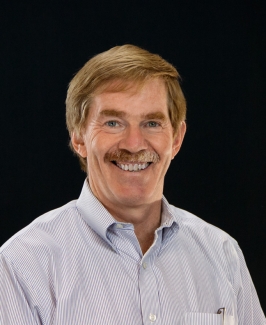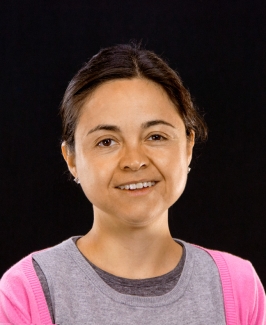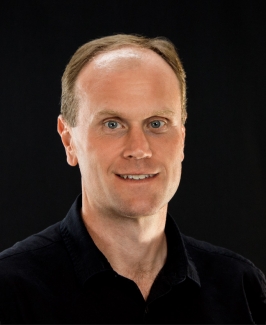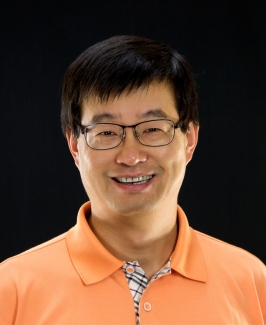Precision-measurement tools help scientists understand the universe, often through ground-breaking discoveries.
JILA physicists are at the forefront of efforts to invent and redefine tools for precision measurement. The tools developed at JILA are capable of probing tiny structures inside living cells, monitor the dynamics of chemical reactions, and directly measure the frequency of visible light.
Historically, precision measurements at JILA helped pave the way for redefining the speed the light, defining the gravitational constant, and develop a universal constant time-keeping system. Current research into precision measurements at JILA could redefine the standard model of physics, realize the quantization of gravity, detect the astronomical collisions of black holes, search for evidence of dark matter, and even evolve our understanding of DNA and proteins, and the subsequent diseases that develop from their misfoldings.










 The Physics Frontiers Centers (PFC) program supports university-based centers and institutes where the collective efforts of a larger group of individuals can enable transformational advances in the most promising research areas. The program is designed to foster major breakthroughs at the intellectual frontiers of physics by providing needed resources such as combinations of talents, skills, disciplines, and/or specialized infrastructure, not usually available to individual investigators or small groups, in an environment in which the collective efforts of the larger group can be shown to be seminal to promoting significant progress in the science and the education of students. PFCs also include creative, substantive activities aimed at enhancing education, broadening participation of traditionally underrepresented groups, and outreach to the scientific community and general public.
The Physics Frontiers Centers (PFC) program supports university-based centers and institutes where the collective efforts of a larger group of individuals can enable transformational advances in the most promising research areas. The program is designed to foster major breakthroughs at the intellectual frontiers of physics by providing needed resources such as combinations of talents, skills, disciplines, and/or specialized infrastructure, not usually available to individual investigators or small groups, in an environment in which the collective efforts of the larger group can be shown to be seminal to promoting significant progress in the science and the education of students. PFCs also include creative, substantive activities aimed at enhancing education, broadening participation of traditionally underrepresented groups, and outreach to the scientific community and general public.